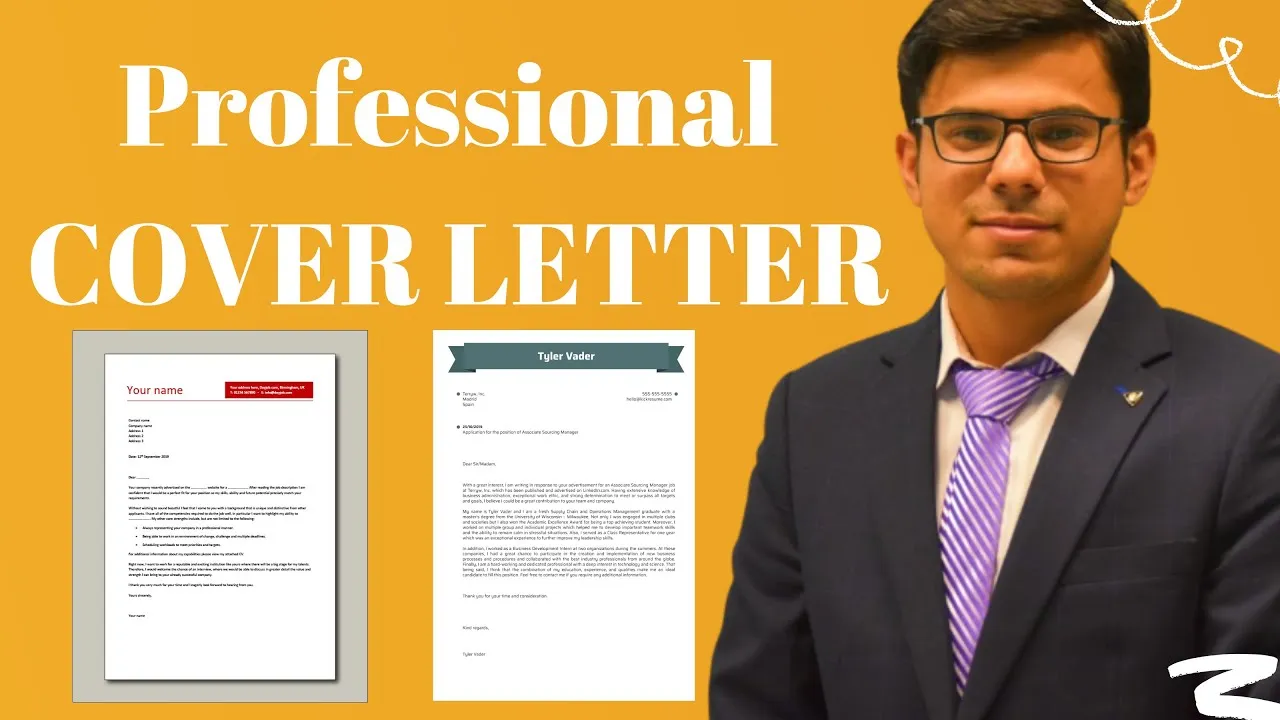What is an Europass Cover Letter?
An Europass cover letter is a crucial document that accompanies your Europass CV when applying for jobs or opportunities. It serves as an introduction to your qualifications, skills, and experiences, giving potential employers a glimpse into your suitability for the role. Unlike a resume that lists your credentials, a cover letter allows you to express your personality, enthusiasm, and unique value proposition, helping you stand out from other candidates. When creating an Europass cover letter, it’s vital to tailor it to each specific job, highlighting the most relevant aspects of your background and demonstrating how your skills align with the employer’s needs.
The Purpose of an Europass Cover Letter
The primary purpose of an Europass cover letter is to convince the hiring manager or employer that you are the best candidate for the job. It’s your opportunity to make a strong first impression and showcase why you’re a perfect fit. The cover letter is a chance to demonstrate your understanding of the job requirements, explain how your skills and experiences match those requirements, and express your interest in the position and the company. A well-written Europass cover letter can significantly increase your chances of getting an interview. By using a cover letter, you can highlight the value you bring to the role, your career goals, and your passion for the industry. This also allows you to provide additional context and detail about your skills and experiences that may not be fully captured in your Europass CV.
Essential Components of an Europass Cover Letter
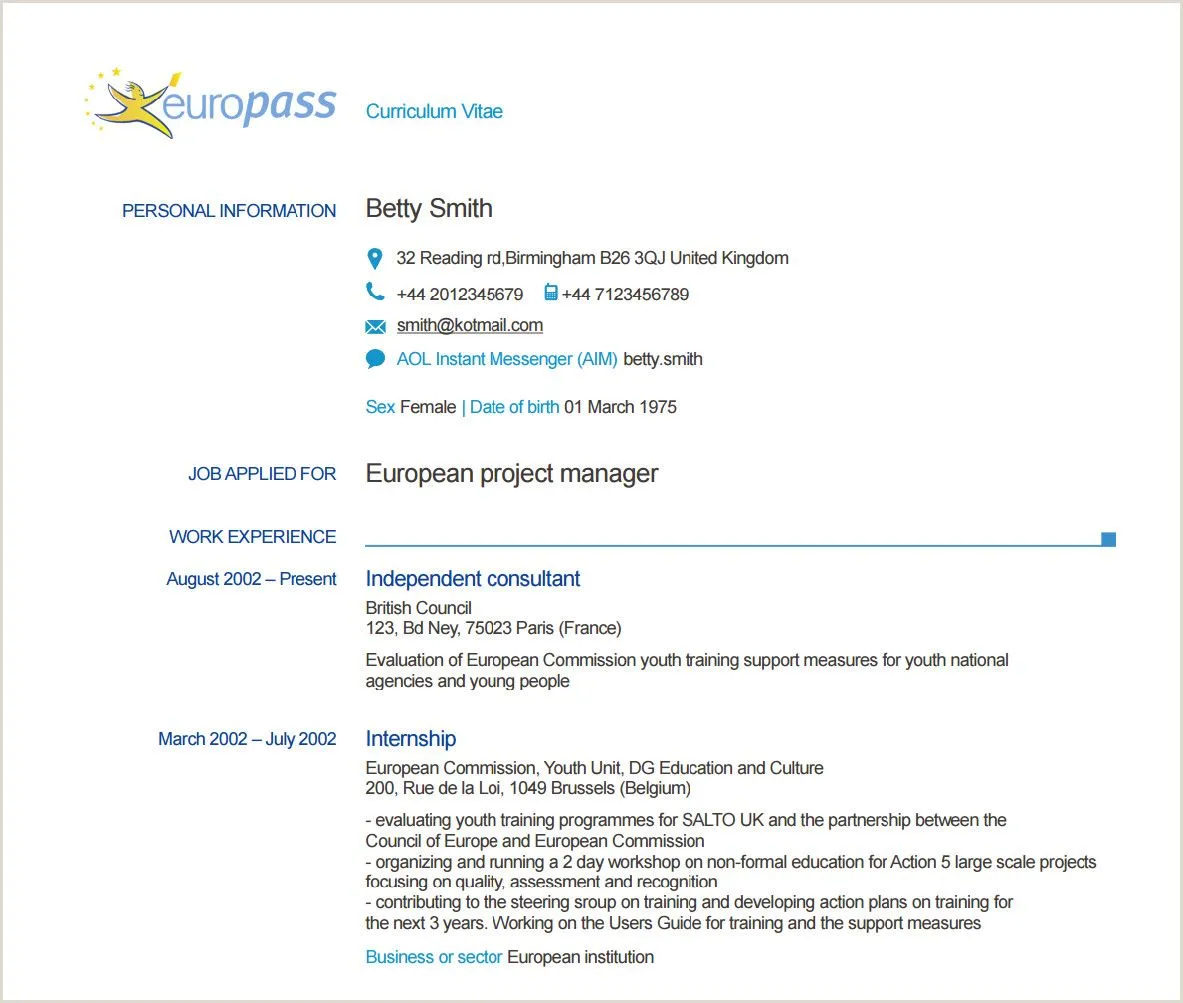
A compelling Europass cover letter is built on several essential components. Each part serves a specific purpose, and together they create a cohesive and persuasive document. These components include your contact information, recipient details, a professional greeting, a captivating opening paragraph, a section highlighting your skills and experiences, an explanation of how you align with the job requirements, and a closing paragraph that expresses your enthusiasm and next steps. By following a clear and structured format, you can ensure that your cover letter effectively communicates your qualifications and makes a lasting impression on potential employers. Paying attention to these elements can significantly impact your cover letter’s success in securing you an interview.
Your Contact Information
At the top of your cover letter, include your full name, address, phone number, and email address. This information should be clearly visible and easy to find. Ensure your email address is professional. Double-check that your contact details are correct to allow recruiters to reach you easily. Make it easy for the recruiter to contact you.
Recipient Information
Address your cover letter to the hiring manager or the specific person mentioned in the job posting if possible. If you are unsure, research the company or call to find out the correct contact person. Use the correct title and avoid generic greetings like ‘To Whom It May Concern.’ It shows you’ve done your research and are truly interested in the position.
Professional Greeting
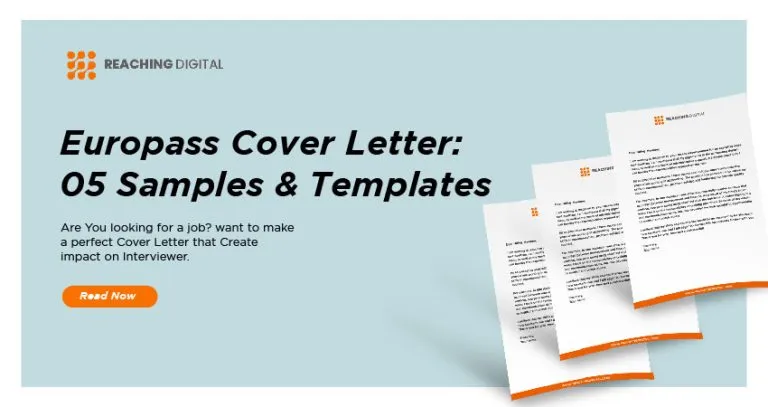
Start your cover letter with a professional greeting, such as ‘Dear Mr./Ms. [Last Name].’ This shows respect and attention to detail. If you don’t know the hiring manager’s name, you can use ‘Dear Hiring Manager’ or ‘Dear [Company Name] Recruitment Team.’ Avoid informal greetings, as they might not be suitable for a professional context. A proper greeting sets the tone for the entire letter and helps establish a positive first impression.
The Opening Paragraph
The opening paragraph is your first chance to grab the reader’s attention. Briefly state the position you’re applying for and where you found the job posting. Include a concise statement about why you’re interested in the role and the company. Highlight your key skills or experiences that make you a strong candidate. Make sure your introduction is engaging, to get the recruiter excited to read the rest of your letter. The opening sets the tone of your Europass cover letter.
Highlighting Your Skills and Experiences
The main body of your Europass cover letter should detail your relevant skills and experiences. Explain how your qualifications align with the job requirements listed in the job posting. Provide specific examples to demonstrate how you’ve successfully used your skills in past roles. Focus on achievements rather than just listing job duties. Use strong action verbs and quantify your accomplishments whenever possible to demonstrate your impact. This section is where you show the employer why you are a suitable candidate. Give specific examples to support your qualifications.
Aligning with Job Requirements
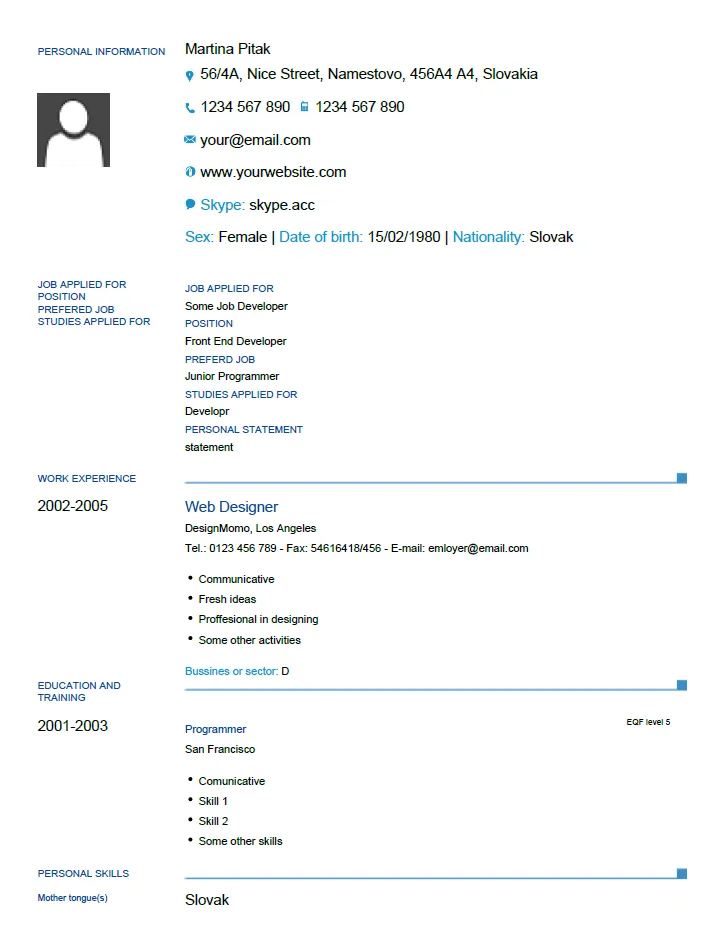
Carefully review the job description and identify the key skills and qualifications the employer is seeking. Address each requirement explicitly in your cover letter. Explain how your experiences and skills match these requirements. Provide specific examples from your work history that showcase your abilities and how they meet the job’s needs. Tailor each cover letter to the specific job to highlight the skills and experiences that are most relevant to the role.
Quantifying Achievements
Whenever possible, quantify your achievements with numbers and data. Instead of saying ‘Improved sales,’ say ‘Increased sales by 15% in one quarter.’ This provides concrete evidence of your accomplishments and makes a stronger impression. Use metrics to demonstrate the impact of your work and your value to the company. Showing specific results makes your claims more credible and memorable. Make sure to use data to support your key accomplishments.
Demonstrating Enthusiasm
Express your enthusiasm for the position and the company. Explain what excites you about the role and why you want to work there. Show that you’ve researched the company and understand its mission and values. This demonstrates your genuine interest and commitment. Your enthusiasm could be the deciding factor between you and another applicant. It’s important to express your genuine interest to increase your chances of success.
Formatting Your Europass Cover Letter
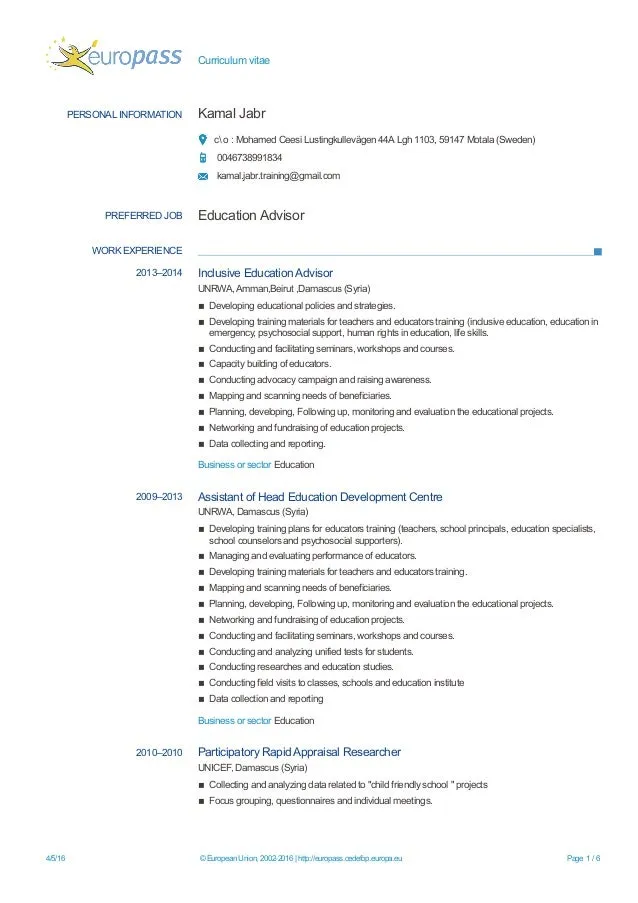
The format of your Europass cover letter is just as important as its content. A well-formatted letter is easy to read and presents you as organized and professional. Use a clean and professional font, such as Arial, Calibri, or Times New Roman, and use a font size between 10 and 12 points. Maintain consistent formatting throughout the document. Use margins of one inch on all sides and single-space the text, with a double space between paragraphs. Proofread your cover letter carefully to ensure there are no typos or grammatical errors.
Choosing the Right Font
Select a professional and easy-to-read font for your Europass cover letter. Avoid overly decorative or unusual fonts. Arial, Calibri, and Times New Roman are popular choices because they are clear and readable. Ensure that the font size is between 10 and 12 points. This range is generally considered to be the most comfortable for reading. The best font can make your cover letter more readable and presentable. The font impacts the first impression the recruiter has of your cover letter.
Maintaining Readability
Make your cover letter easy to read. Use clear, concise language and short paragraphs. Use bullet points to highlight key skills or achievements. Avoid long, dense blocks of text, as these can be difficult for a reader to absorb. Include plenty of white space to separate different sections. A well-structured cover letter makes it easier for the hiring manager to grasp your key qualifications and stay engaged with your application. Keep your paragraphs short to make it easier to digest.
Proofreading and Editing
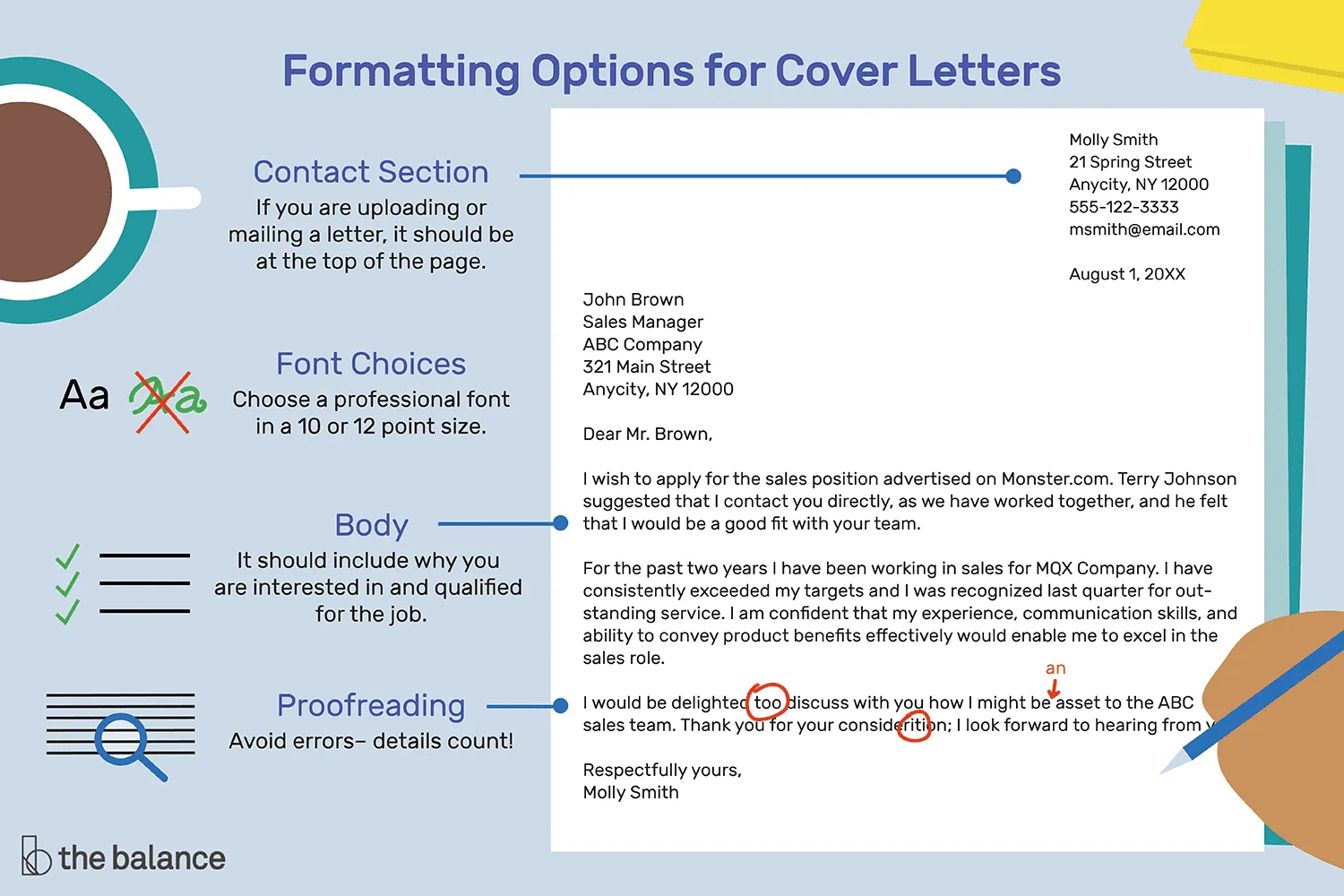
Proofread your Europass cover letter carefully for any spelling, grammar, or punctuation errors. Even small mistakes can create a negative impression. Ask a friend, family member, or career counselor to review your cover letter for errors. Double-check all contact information and ensure that it is correct. A polished cover letter shows attention to detail. Always check your cover letter before submission.
Tips for a Successful Europass Cover Letter
Writing a successful Europass cover letter involves more than just listing your skills and experiences. It requires a strategic approach that considers the specific job and the company. Tailoring your cover letter, using strong action verbs, and showcasing your personality can significantly increase your chances of making a positive impression. These tips will help you create a cover letter that stands out from the competition. Your Europass cover letter is your first impression, so make it count.
Tailoring to Each Application
Don’t use the same cover letter for every job application. Customize your cover letter for each position you apply for. Review the job description carefully and highlight the skills and experiences that are most relevant to the role. Research the company and mention why you’re interested in working there. Tailoring your cover letter shows the employer that you’ve taken the time to understand their needs and that you’re genuinely interested in the opportunity. It ensures the job matches the company.
Using Action Verbs
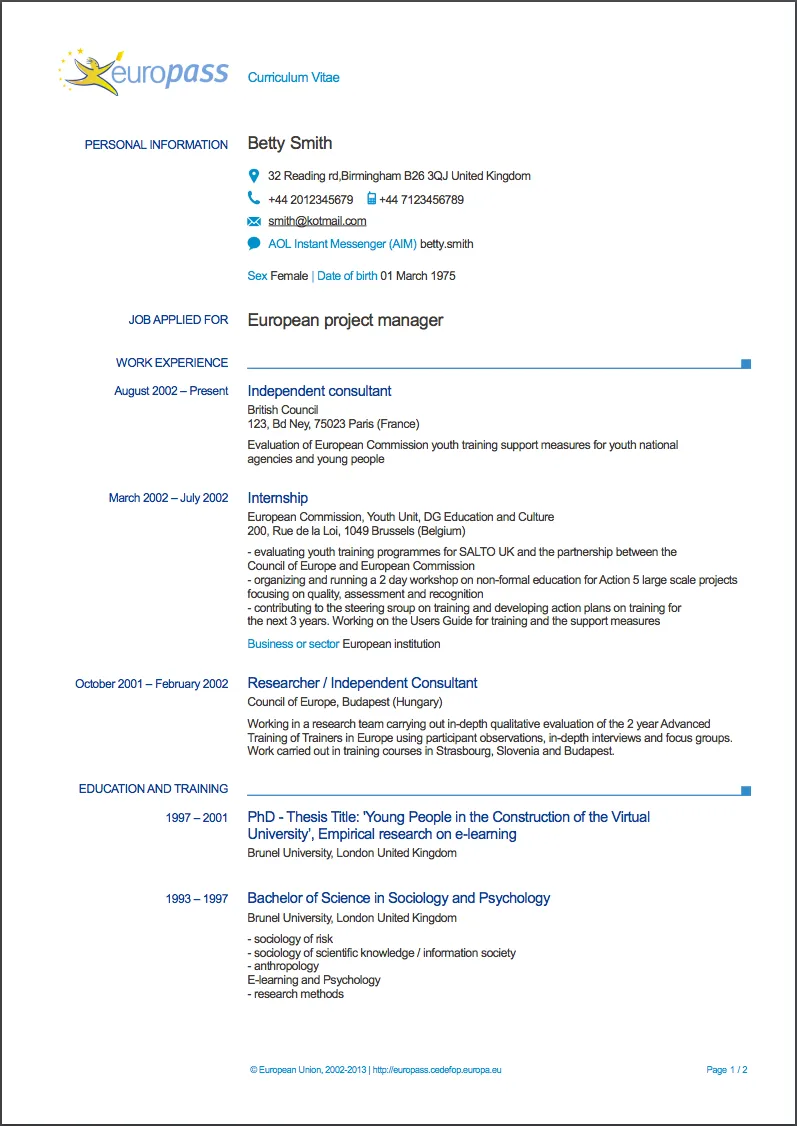
Use strong action verbs to describe your accomplishments and responsibilities. Action verbs make your cover letter more dynamic and engaging. Examples of effective action verbs include ‘managed,’ ’led,’ ‘developed,’ ‘implemented,’ and ‘achieved.’ Avoid using passive language. Action verbs help to showcase your skills and create a more impactful message. Using action verbs will make your Europass cover letter stand out.
Showcasing Your Personality
While maintaining professionalism, let your personality shine through in your cover letter. Your cover letter is an opportunity to express your enthusiasm and show the hiring manager who you are. Use your unique voice to make your cover letter more memorable. Share a relevant anecdote or express your passion for the industry. Demonstrate your enthusiasm to make yourself the perfect candidate for the job. A unique tone makes your Europass cover letter stand out.
Europass Cover Letter Examples
Reviewing examples of successful Europass cover letters can help you understand how to structure and write your own. Look for cover letters that align with the type of job you are applying for and adapt the examples to your own situation. Pay attention to how the writers highlight their skills, experiences, and achievements. Analyzing examples can give you ideas about how to best structure your own document and showcase your accomplishments. Always adapt these examples to fit your experience.
Example 1
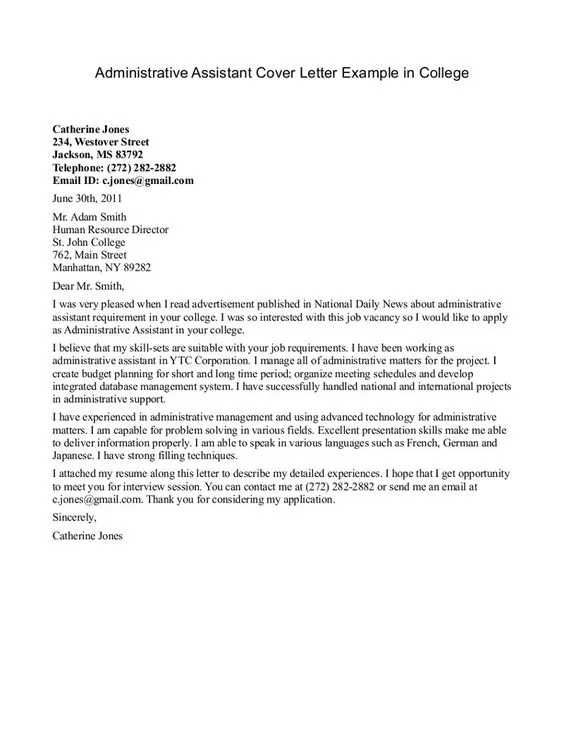
Dear [Hiring Manager Name],
I am writing to express my interest in the [Job Title] position at [Company Name], as advertised on [Platform]. With over [number] years of experience in [industry], I am confident that my skills and experience align perfectly with the requirements of this role. For example, I [specific achievement].
[Continue with relevant experiences and accomplishments]. I am eager to learn more about this opportunity and discuss how I can contribute to your team.
Sincerely, [Your Name]
Example 2
Dear [Hiring Manager Name],
I am writing to express my interest in the [Job Title] position at [Company Name]. I found the opportunity via [Platform] and am very excited about it. My background includes [key skill 1], [key skill 2], and [key skill 3], which I believe are directly applicable to the needs of this position. For instance, I [specific achievement].
[Continue with relevant experiences and accomplishments]. I am looking forward to hearing from you soon.
Sincerely, [Your Name]
Common Mistakes to Avoid
Avoiding common mistakes is critical to creating an effective Europass cover letter. Errors in grammar, spelling, or formatting can undermine your credibility and make a negative impression. Using a generic cover letter or failing to tailor it to the specific job requirements shows a lack of attention to detail. Overlooking these pitfalls can significantly affect your chances of getting an interview. Be mindful of the details to make a lasting impression.
Grammar and Spelling Errors
Proofread your cover letter carefully for any grammar or spelling mistakes. These errors can make you appear unprofessional. Use grammar and spell-check tools, but don’t rely on them entirely. Always ask a friend or career advisor to review your cover letter. Correct all mistakes before you submit your cover letter. Grammar and spelling can be the difference between getting an interview and having your application discarded.
Generic Cover Letters
Avoid sending generic cover letters. Tailor each cover letter to the specific job and company. Generic cover letters suggest a lack of effort and interest. Take the time to research the company and the role to tailor your letter accordingly. Ensure you are tailoring your cover letter to the company and the job. Tailoring shows effort and a genuine interest in the company.
Lack of Customization
Customize your cover letter for each job. Don’t use the same letter for multiple applications. Customize each cover letter to the specific job requirements, demonstrating how your skills and experience match. Customization shows the hiring manager that you’ve taken the time to understand their needs. Customization is critical for getting the recruiter’s attention. Customize your letter to align with the job.
